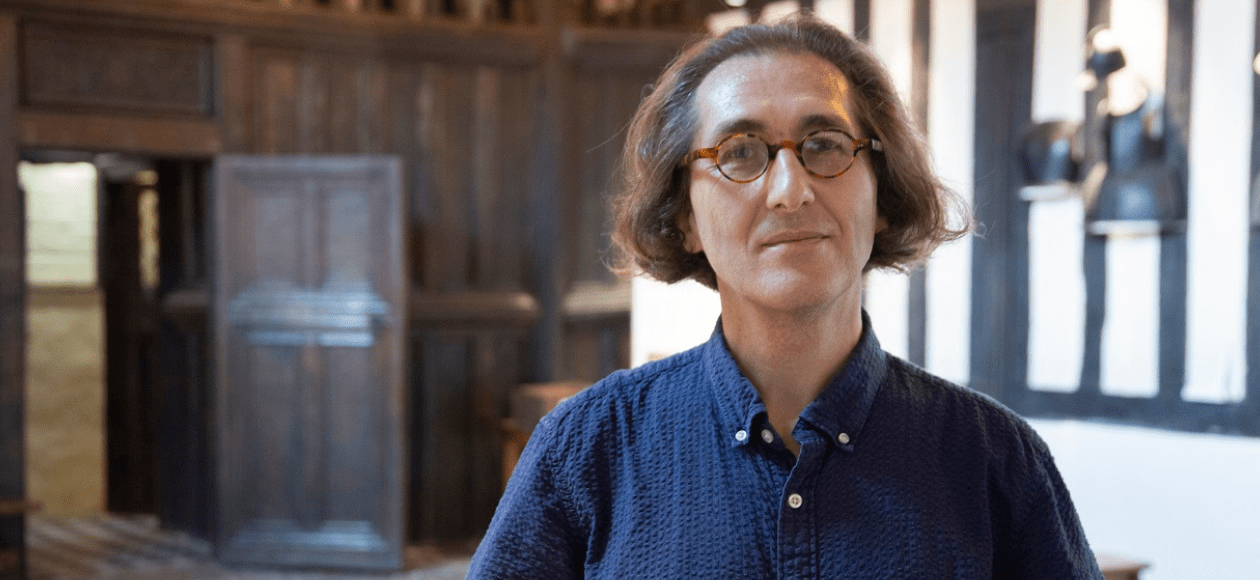News release
For Immediate Release
Monday 23 October 2023
If successful, it was an event that could have changed the course of history. But a University of Worcester historian will argue that the Gunpowder Plot still made a huge impact on British life in an upcoming talk.
Taking place on Sunday, November 5, the same day that the Plot was due to be put into action, Professor of Early Modern History, Darren Oldridge, is delivering a talk titled Gunpowder, Treason and Plot: Anti-Catholicism in 17th-Century England at 1pm in The Commandery in Worcester.
“Most people know the story of the Gunpowder Plot”, said Professor Oldridge, “how it was discovered, its main players and what happened to them. But beyond this, I want to show people that the uncovering of the Plot had far-reaching consequences, in particular driving greater fear of Catholicism in England, which would shake the country’s political and constitutional foundations in the years to come.”
Professor Oldridge specialises in 16th and 17th Century religious history, with a particular interest in witchcraft and the Devil, the supernatural, and the religious context of the English Civil Wars.
On the evening of November 4 1605, Guy Fawkes was discovered guarding 36 barrels of gunpowder in a search of the cellars of the House of Lords. He was part of a Catholic conspirators’ plan to assassinate Protestant King James I of England by blowing up Parliament and establish Catholic rule in England. The foiling of the Gunpowder Plot has been marked annually ever since on November 5.
But Professor Oldridge’s focus is less on the incident than its aftermath. “The Plot propelled the most powerful force in 17th century politics and religion. This was anti-Catholicism, which played a decisive role in the outbreak of the English Civil War. Indeed, you can make a strong case that the fear of Catholicism caused the downfall of two monarchs, Charles I and his son James II.”
He will be delving into some books printed soon after the Gunpowder Plot to illustrate this. As part of the talk, members of the audience can hold and read books printed in the period, including one of the earliest accounts of the Gunpowder Plot itself, with handwritten notes in the margins. Professor Oldridge will use these to explain the importance of anti-Catholicism in this period and the major part it played in the English Civil War 40 years later.
“The 17th century was a time of intense religious conflict and intolerance,” he said. “These books illustrate the prevalence and significance of ‘anti-popery’ from the Gunpowder Plot to the English Revolution and beyond.”
Tickets for the talk cost £7 and are available on Museums Worcestershire website. Attendees can explore the rest of The Commandery for half-price day admission (£4.25, usually £8.50), available from the Commandery’s shop on the day of the talk.
ENDS
Contact the University of Worcester’s press office
email: press@worc.ac.uk
tel: 01905 857517
Contact The Commandery
Alice Benbow, Museums Marketing Officer: alice.benbow@worcester.gov.uk / 01905 361828.

